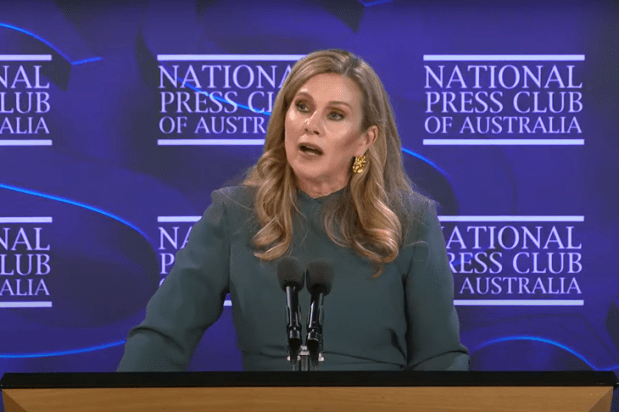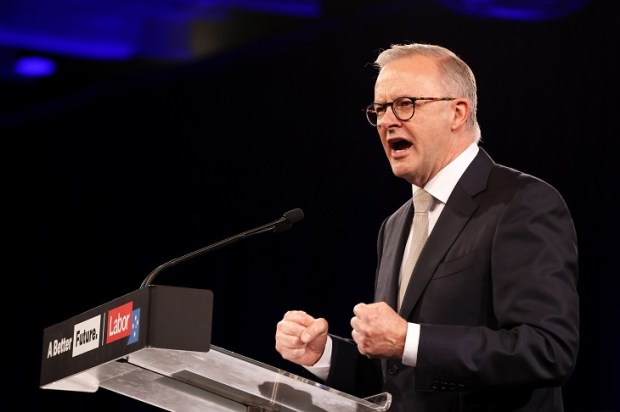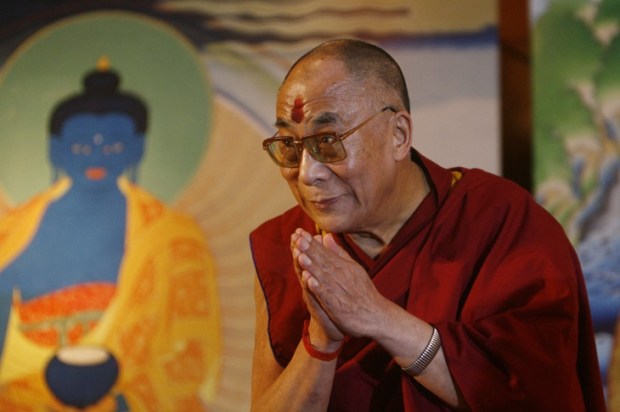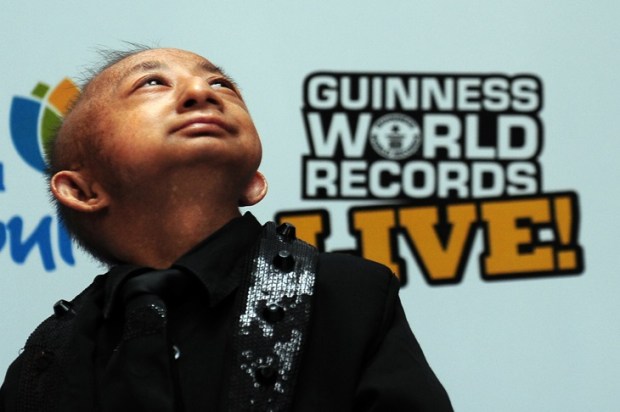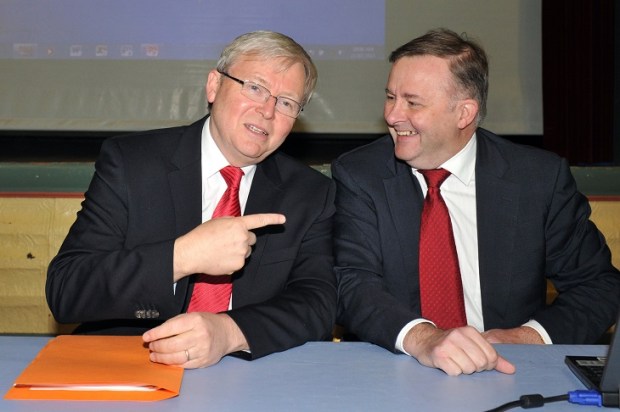What did Julie Bishop really mean when she identified politicians as being members of the ‘political class’?
It was rare, insightful moment of honesty about how politicians perceive themselves and their constituents. Politicians from all sides of politics routinely identify with each other more than they do with the public.
We might notice their posturing as they play the game of political football for our eyes and ears, but at the end of the day, they will often have a drink together and fraternise as exclusive members of one of the most powerful clubs in the country.
The angle that sees behind the presentation layers reveals their primary identifier is with their political colleagues, even more so with their party members, and again more so with their factions. In short ‘we’ means those who are members of the political class. ‘Them’ means us. ‘We’ is restricted to the unofficial but exclusive politicians’ club which is subtly but definitively separate from the rest of us, the electors.
There is another equally exclusive club, the media class.
Listen to the many media stations that make the offer, ‘We’d like to know what you have to say!’ as they encourage callers to compete with each other to score a brief gig on talk-back. They do this many times during a program.
Their non-threatening tone purports to be generous but in truth, it is a patronising put-down that divides the elite (them) from the common people (you).
Perceiving the audience as you separates members of the media club from the audience. It is a way of asserting their elitism without anyone else noticing whilst simultaneously putting us in our place. Many in the ‘media class’ are usually skilled enough speakers to use their professionalism to hide their disrespect for their loyal patrons behind their professionalism. Speaking at the audience rather than with them exposes a personality capsule of what lies beneath.
Beware the broadcaster who refers to you rather than ‘us’. In their eyes, you bunches all their average listeners together. To them, you are all the same despite the salient fact that we are not.
In their defence, it’s much simpler to box everyone into the one category. It certainly makes life easier to think of them as one entity and not bother to acknowledge the incredible diversity that exists amongst the broad range of intelligent listeners. This is about respect and disrespect. Respect for their colleagues and guests, and disrespect for you.
Unfortunately, most listeners are so disempowered by their listening experience. They are so battered by the bland, dispassionate subjugations and completely unaware of the patronising manner spoken at them that they eventually just accept it as normal.
Actually, talk-back callers represent a fraction of the people listening, and if you dig deep enough, most are filtered before they make it to air. If the intent of broadcasters was genuine and expression accurate, they’d abandon the binary us and them mindset and acknowledge that most people listening to their programs are listeners and not people competing to get on talk-back. It appears that delineating listeners from talk-back callers is too complex for them.
This anodyne put-down is not exclusive to the public broadcaster, it is widespread on talk-radio stations, which indicates a sub-cultural problem in the industry. It is obvious they have been directed by their bosses to pursue this approach to public comment, and it’s not only broadcasters; newspapers and commercial television news do the same.
When you see a headline such as, Interest rate rises again, what it means for you, remember that if they were honest they’d be inclusive. The obvious and preferred solution is to drop the cynical ‘you’ and transfer the word ‘us’.
We are all in this together is a mantra that politicians and media should genuinely apply to their presentation. It should no longer be acceptable for them to get away with cynically disrespecting their audiences. Genuine inclusivity should become to new norm.
Dean Frenkel was Communications Consultant to Bill Shorten until the 2016 Federal Election.


